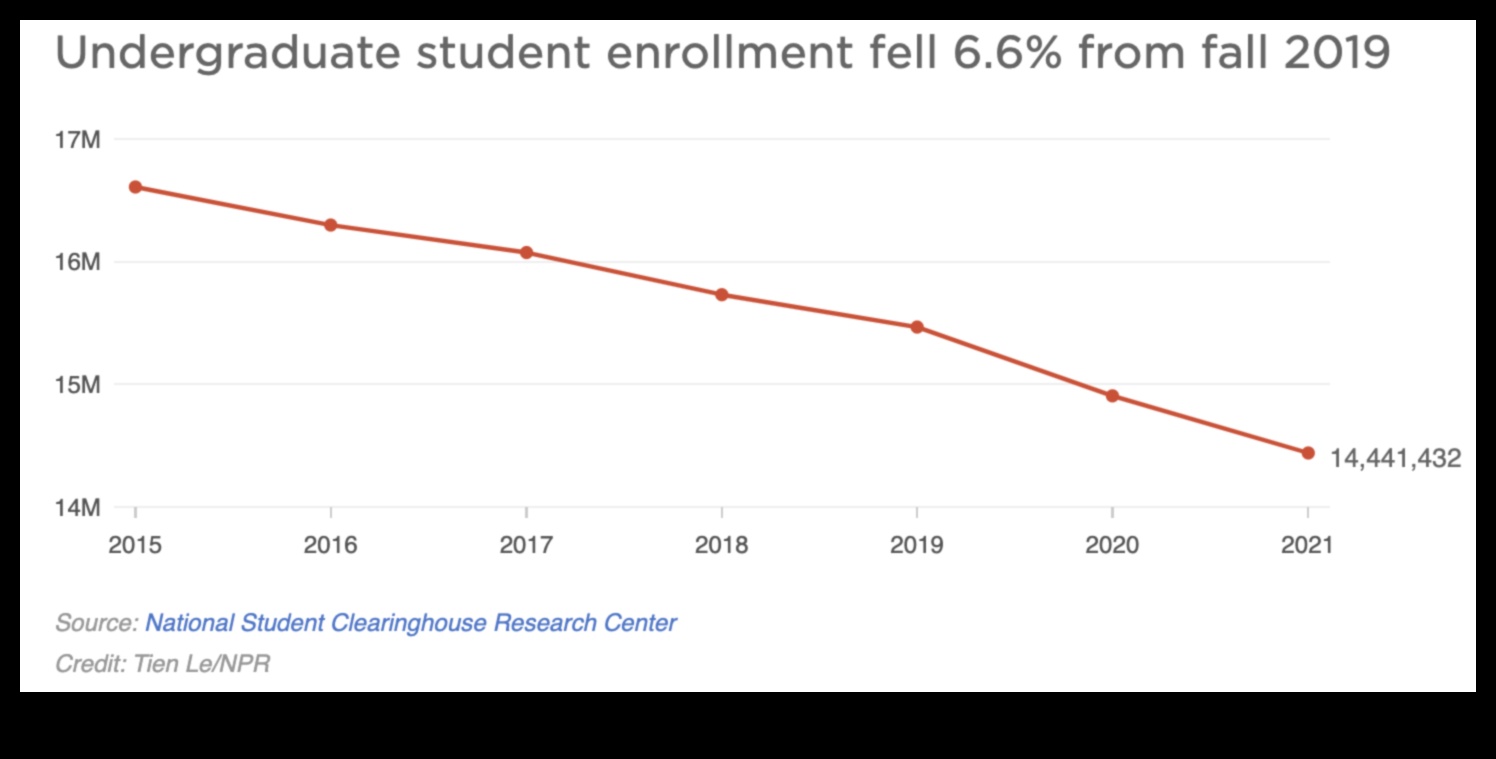
Declining College Admission
Declining a college admission is a difficult decision, but it is one that many students have to make. If you have been accepted to multiple colleges and are trying to decide which one to attend, you may be wondering if you have to decline admission to all of the other colleges you have been accepted to.
The answer is yes, you do have to decline admission to all of the other colleges you have been accepted to. If you do not decline admission to a college, you will be considered a “holdover” student. This means that you will be placed on a waiting list and will only be admitted to the college if there are any spots available after all of the accepted students have enrolled.
There are a few reasons why you should decline admission to a college that you do not plan on attending. First, declining admission will allow you to focus on your studies at the college that you have chosen to attend. If you are accepted to multiple colleges, it can be difficult to decide which one to attend. By declining admission to the colleges that you do not plan on attending, you can free up your time and energy to focus on your studies at the college that you have chosen.
Second, declining admission to a college that you do not plan on attending will help to ensure that you get a spot at the college that you want to attend. If you do not decline admission to a college, you may be placed on a waiting list and may not be admitted to the college if there are no spots available. By declining admission to the colleges that you do not plan on attending, you can increase your chances of getting a spot at the college that you want.
Finally, declining admission to a college that you do not plan on attending will help to keep your options open. If you decide that you do not want to attend the college that you have chosen, you will still have the option to attend one of the colleges that you declined admission to. By declining admission to a college, you are not giving up your spot at that college. You can always change your mind and attend the college later if you decide that it is the right fit for you.
If you have been accepted to multiple colleges and are trying to decide which one to attend, you should carefully consider all of your options before making a decision. If you do not plan on attending a college, you should decline admission to that college as soon as possible. This will allow you to focus on your studies at the college that you have chosen and will help to ensure that you get a spot at the college that you want.
| Feature | Answer |
|---|---|
| Decline College Admission | Yes, you must decline admission to any college you do not plan to attend. |
| College Admissions Process | The college admissions process typically begins in the fall of your senior year of high school. |
| College Rejection | Being rejected from a college can be a disappointing experience, but it is important to remember that it is not the end of the world. |
| College Waitlist | Being placed on a college waitlist means that you are not a top candidate for admission, but the college may still consider your application if there are any spots available after the regular admissions cycle. |
| College Decision Deadline | The college decision deadline is the date by which you must accept or decline an offer of admission. |
Declining College Admission
Declining a college admission is a difficult decision, but it is one that many students have to make. There are a number of factors to consider when making this decision, including the financial cost of attending the college, the academic fit, and the social environment.
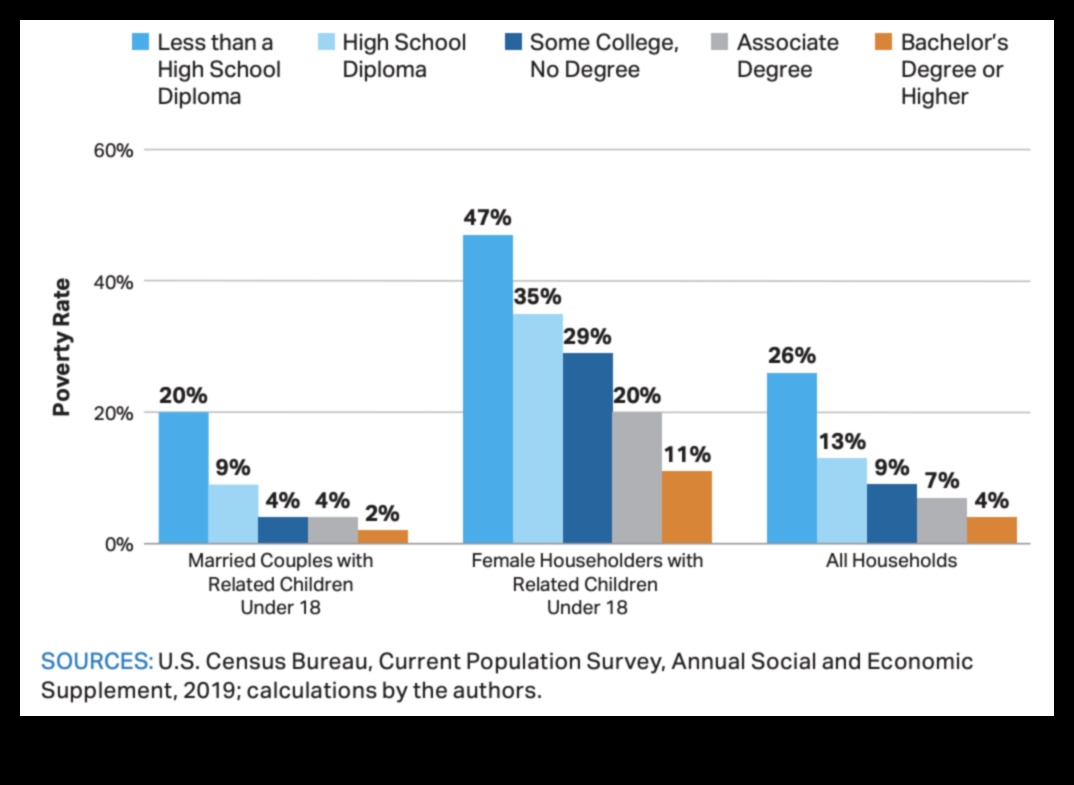
III. What to Say When Declining a College Admission
When declining a college admission, it is important to be polite and respectful. You should thank the college for their offer of admission and express your gratitude for the opportunity. You should also explain why you are declining the offer, and be sure to do so in a clear and concise manner.
Here are some examples of what you could say when declining a college admission:
- “Thank you so much for offering me admission to [College Name]. I am honored and grateful for the opportunity to attend your school. However, I have decided to attend [Other College Name].”
- “I have been accepted to several colleges, and after careful consideration, I have decided that [Other College Name] is the best fit for me. I am excited to be a part of your community.”
- “I know that you have a lot of other qualified applicants, and I wish you the best of luck in finding the right students for your incoming class.”
It is also important to remember that you do not have to provide a detailed explanation for why you are declining the offer. You can simply say that you have decided to attend another college, and that is all that is necessary.
If you are unsure of what to say when declining a college admission, you can always ask a guidance counselor or another trusted adult for help. They can provide you with some guidance and help you to craft a polite and respectful message.
IV. When to Decline a College Admission
There are a few factors to consider when deciding when to decline a college admission.
- The first is the deadline. Most colleges have a deadline for declining admission, so you need to make sure you submit your decision on time.
- The second is your financial aid package. If you have received a financial aid offer from the college, you need to make sure you understand the terms of the offer before you decline admission.
- The third is your personal circumstances. If you have any extenuating circumstances that may affect your decision, you should take those into account before making a decision.
Once you have considered all of these factors, you can make an informed decision about when to decline a college admission.
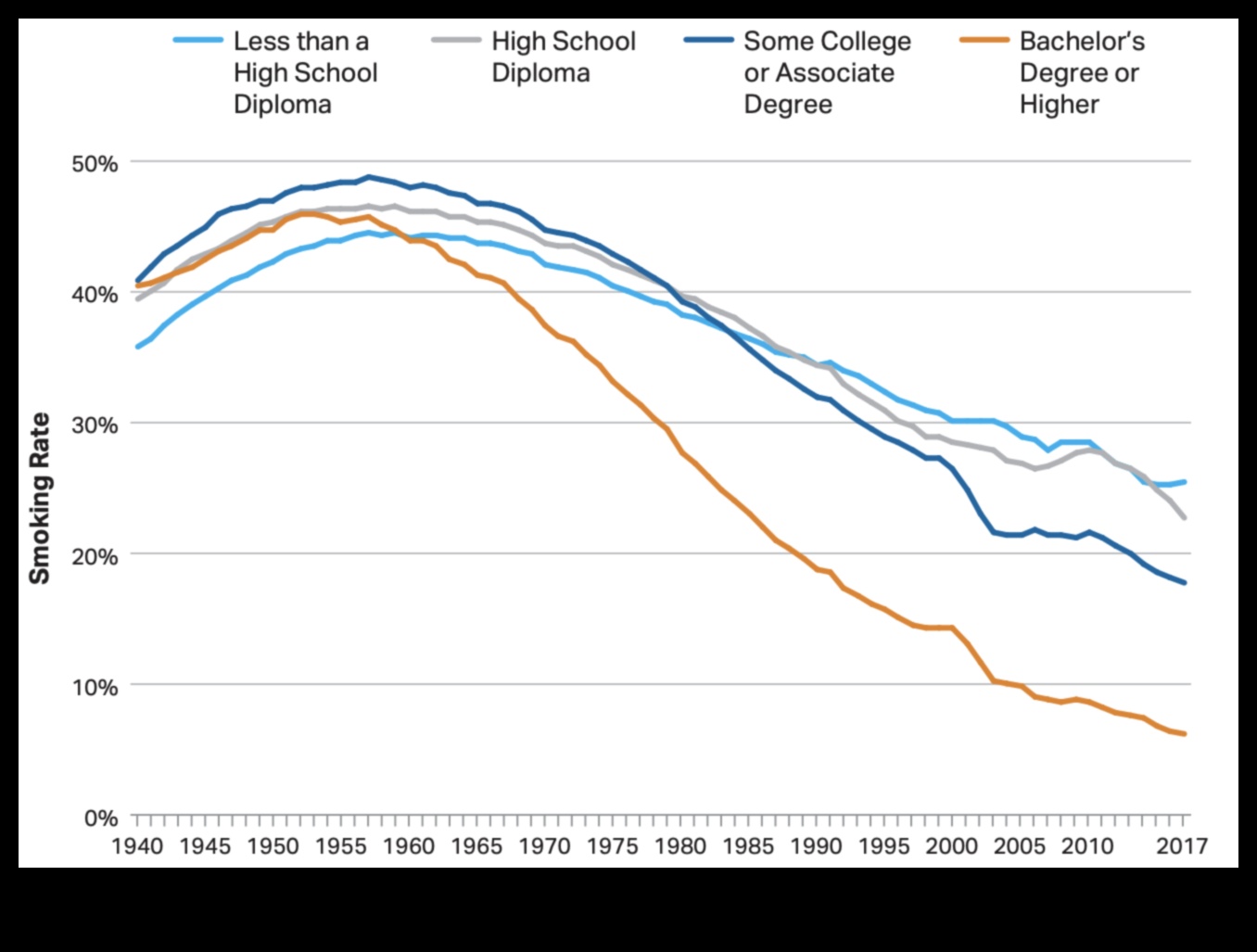
V. The Pros and Cons of Declining a College Admission
There are a number of pros and cons to declining a college admission.
Pros of declining a college admission:
- You can increase your chances of getting into your top choice college.
- You can avoid paying the deposit at a college you are not sure you want to attend.
- You can give another student a chance to attend the college you are declining.
Cons of declining a college admission:
- You may burn bridges with the college admissions office.
- You may regret your decision later on.
- You may have to pay a fee to decline your admission.
Ultimately, the decision of whether or not to decline a college admission is a personal one. You should weigh the pros and cons carefully before making a decision.
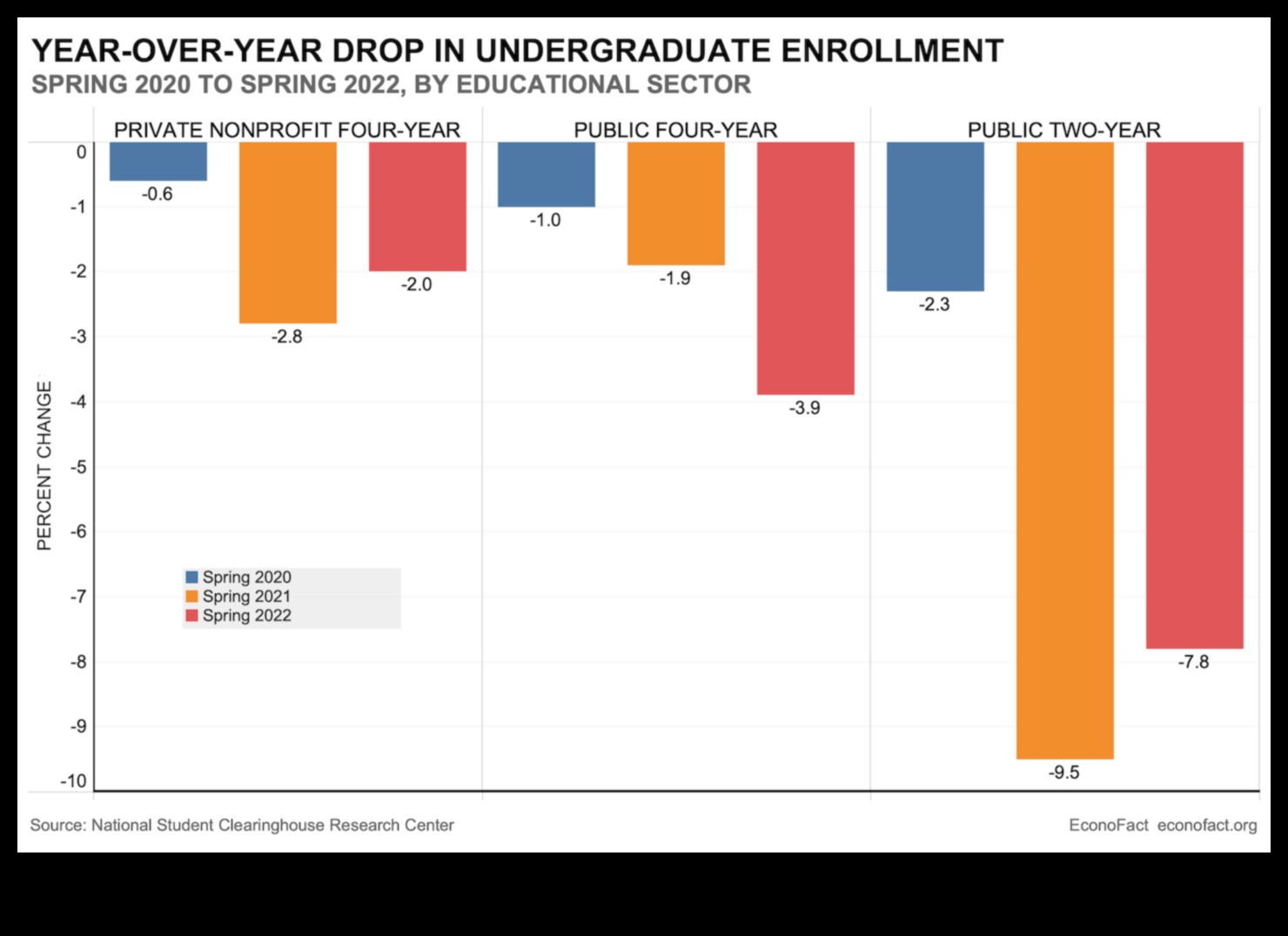
Do You Have to Decline Admission to Colleges?
Yes, you do have to decline admission to colleges if you decide not to attend. This is because colleges need to know how many students they will have in each incoming class, and they cannot accept more students than they have space for. If you do not decline your admission to a college, you will be considered a “holdover” student and may be asked to withdraw from the college.
There are a few reasons why you might want to decline admission to a college. You may have decided that the college is not a good fit for you, you may have been accepted to a different college that you prefer, or you may have changed your mind about attending college altogether.
If you decide to decline admission to a college, it is important to do so as soon as possible. Most colleges have a deadline for declining admission, and if you miss the deadline, you may be considered a “late-decliner” and may be subject to a fee.
To decline admission to a college, you will need to contact the admissions office and let them know that you are no longer planning to attend. You will need to provide your name, your student ID number, and the date of your decision. You may also be asked to provide a reason for your decision.
Once you have declined admission to a college, you will be removed from the school’s mailing list and you will no longer be eligible for financial aid or other benefits from the college.
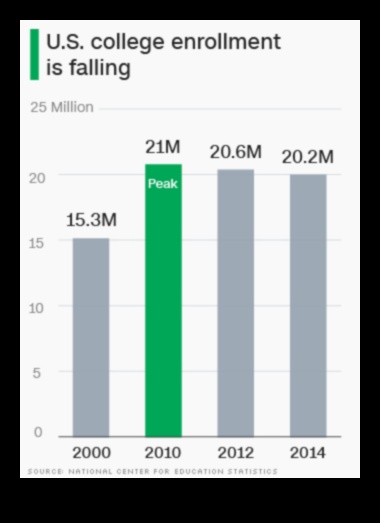
VII. How to Decline a College Admission Politely
When declining a college admission, it is important to be polite and respectful. You want to thank the admissions committee for their consideration and let them know that you have decided to attend another college. You should also be specific about why you are declining the offer, and you should not burn any bridges.
Here are some tips for declining a college admission politely:
- Be prompt. Send your letter of decline as soon as possible after you have made your decision.
- Be positive. Thank the admissions committee for their consideration and let them know that you have decided to attend another college.
- Be specific. Explain why you are declining the offer, and be sure to mention the specific college that you have decided to attend.
- Be respectful. Do not burn any bridges. Thank the admissions committee for their time and consideration, and let them know that you wish them all the best in the future.
By following these tips, you can decline a college admission politely and respectfully. You will leave a positive impression on the admissions committee, and you will not burn any bridges.
What to Do If You Change Your Mind After Declining a College Admission
If you change your mind after declining a college admission, there are a few things you can do.
First, you should contact the admissions office of the college you declined and let them know that you have changed your mind. Be sure to explain why you have changed your mind and express your continued interest in the college.
The admissions office may be able to work with you to reapply to the college. However, it is important to note that you may not be eligible for the same financial aid package that you were offered when you initially applied.
If the admissions office is not able to work with you, you may still be able to attend the college by enrolling as a transfer student. However, this process can be more difficult than applying as a first-year student, and you may not be eligible for all of the same benefits and opportunities as first-year students.
Before you make a final decision about whether to change your mind after declining a college admission, it is important to weigh the pros and cons of both options. You should consider the financial implications of attending the college, the academic programs offered by the college, and the social and cultural environment of the college.
If you decide to change your mind, be sure to do so as soon as possible. The sooner you contact the admissions office, the more likely they will be able to work with you to find a solution.
IX. FAQs About Declining College Admission
Here are some frequently asked questions about declining college admission:
-
What happens if I don’t decline a college admission?
-
Can I change my mind after I decline a college admission?
-
What if I decline a college admission and then get accepted off the waitlist?
-
Do I have to send a letter declining a college admission?
-
What if I decline a college admission and then want to transfer there later?
For more information on declining college admission, please visit the following resources:
- College Board: Declining Admissions
- U.S. News & World Report: What to Do If You Change Your Mind About a College Admission
- Niche: What Happens If You Don’t Accept a College Offer
FAQs About Declining College Admission
Q: Do I have to decline all of my college acceptances?
A: No, you do not have to decline all of your college acceptances. You can decline one or more colleges without affecting your chances of being admitted to the other colleges you have applied to.
Q: What is the best way to decline a college admission?
A: The best way to decline a college admission is to do so politely and respectfully. You should write a letter to the admissions office of the college you are declining, and you should thank them for their consideration.
Q: What happens if I change my mind after declining a college admission?
If you change your mind after declining a college admission, you can contact the admissions office and ask if they will still consider your application. However, there is no guarantee that they will be able to accept you, as they may have already filled their class.